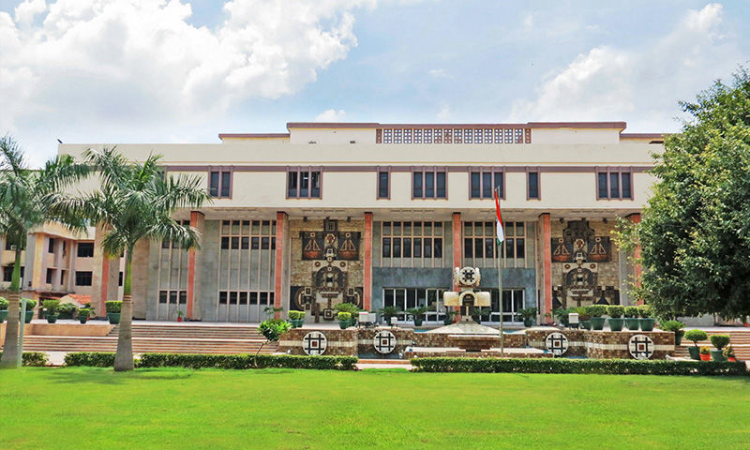The Delhi High Court has held that the assessee was a debt-free company and there was no need to impute notional interest on outstanding receivables.The bench of Justice Rajiv Shakdher and Justice Girish Kathpalia has observed that there has to be a proper inquiry by the Transfer Pricing Officer by analyzing the statistics over a period of time to discern a pattern that would indicate...

